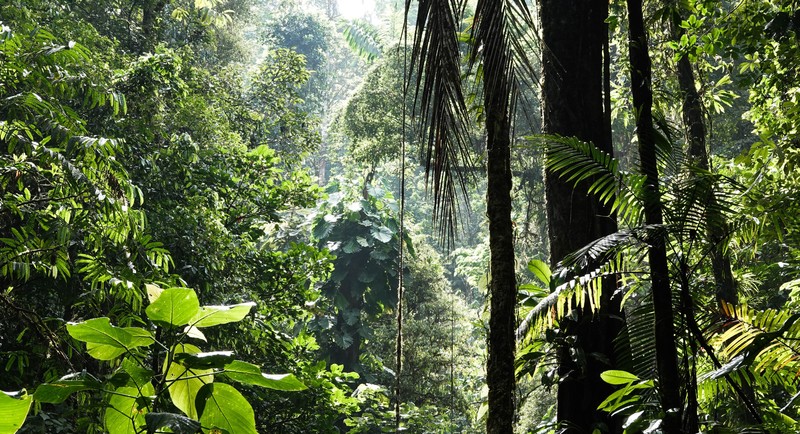The UN’s COP15 biodiversity conference has brought its 10,000 participants to Montréal this week to discuss how to protect and increase the world’s plant and animal life.
- Montreal is co-hosting the event with the Chinese city of Kunming, which was the original host before a final cancellation due to Covid.
Driving the news: On the agenda are 23 targets that could become part of an enforceable UN agreement—the most prominent of which is the so-called “30-by-30” goal, which would require countries to put 30% of their land and sea areas under conservation by 2030.
- Other targets include slashing government subsidies that harm biodiversity, phasing out pesticide use, and requiring all businesses to disclose their impacts on nature.
Why it matters: Species are going extinct at a rate not seen in 10 million years, and 40% of land globally has been classified as “degraded.” In Canada, forest fires burn through ~2.5 million hectares annually and 20% of all native species are considered at risk of extinction.
Yes, but: An agreement does not mean Earth’s wildlife can suddenly breathe a collective sigh of relief. The last global biodiversity deal expired without achieving any of its goals.
- A new agreement would require unanimous support from 196 nations to pass (and big businesses to get on board), which could mean some serious compromises.
Bottom line: The chances of a “meaningful deal” getting done are “fifty-fifty” according to BloombergNEF. Think of it as heads (let’s save Earth!) or tails (back to the drawing board).
